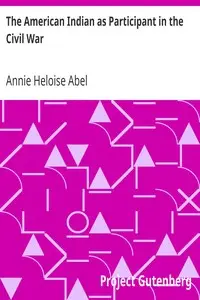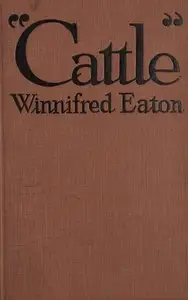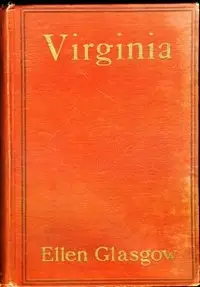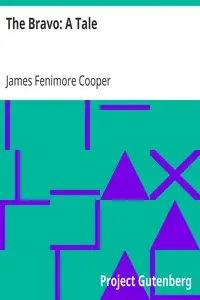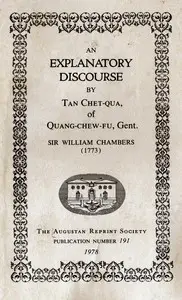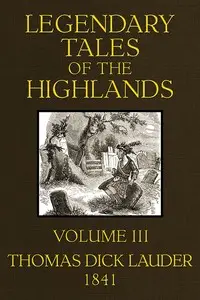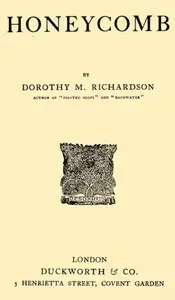"The American Indian as Slaveholder and Secessionist" by Annie Heloise Abel is a historical account written in the early 20th century. This work explores the complex role of Native Americans during the Civil War, focusing specifically on their participation as slaveholders and secessionists. The book seeks to address misconceptions about Native American involvement in a conflict largely viewed through the lens of white Americans, revealing how these communities navigated their political allegiances and economic interests during tumultuous times. The opening of the book sets the stage for an examination of the historical context in which various Indigenous tribes found themselves during the years leading to the Civil War. It outlines the impact of federal policies and the territorial adjustments that relocated numerous tribes to Indian Territory, positioning them amid the conflicts brewing between the North and South. The author emphasizes the strategic importance of Indian Territory for both the Confederacy and the federal government, discussing how slaveholding Indians aligned themselves with Southern states. The narrative touches on the deep-seated complexities of tribal politics, their interactions with both federal and Confederate forces, and hints at the internal divisions that shaped their responses to the broader national crisis. (This is an automatically generated summary.)
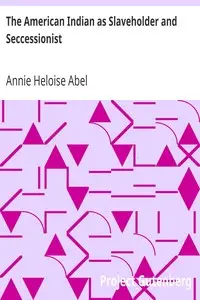
The American Indian as Slaveholder and Seccessionist An Omitted Chapter in the Diplomatic History of the Southern Confederacy
By Annie Heloise Abel
"The American Indian as Slaveholder and Secessionist" by Annie Heloise Abel is a historical account written in the early 20th century. This work explo...
Annie Heloise Abel was among the earliest professional historians to study Native Americans. She was one of the first thirty women in the United States to earn a PhD in history. One of the ablest historians of her day, Abel was an expert on the history of British and American Indian policies. As another historian has put it: "She was the first academically trained historian in the United States to consider the development of Indian-white relations and, although her focus was narrowly political and her methodology almost entirely archival-based, in this she was a pioneer."

